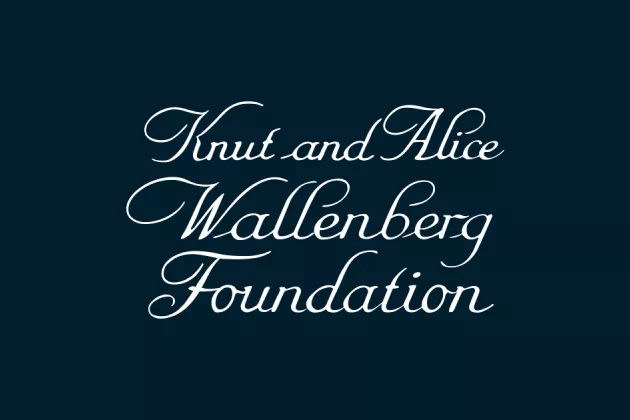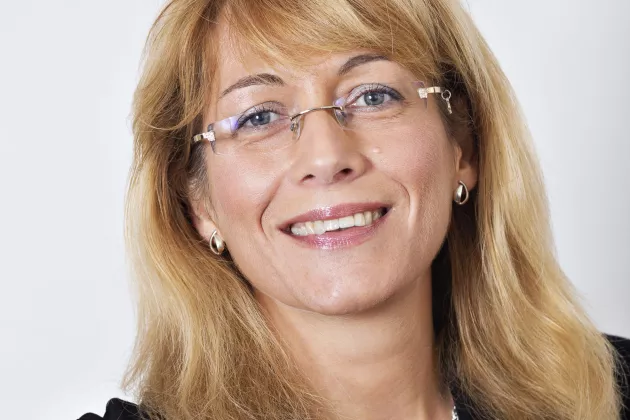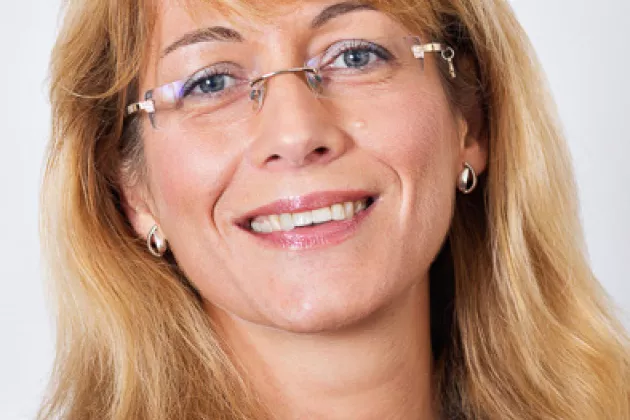Today, the Wallenberg Scholars grants for the applications submitted in spring 2023 have been announced. It went exceptionally well for Lund University and this time also for the IIIEE.
The IIIEE project is led by Oksana Mont and is called “Post-growth business: Exploring the role of business in a post-growth economy”. It proposes a new research field on post-growth business models to advance the sustainability agenda.
Economic growth has been the foundation of our economic model for 200 years. Growth has brought significant improvements in material wealth and welfare but has also led to the depletion of natural resources, pollution, loss of biodiversity, and climate change, as well as escalating global inequalities. Economists are now questioning whether we can sustain continuous economic growth forever and are warning of a future marked by lower growth, negative growth, or even collapse. To address this, the concept of post-growth has emerged. Post-growth aims to ensure well-being for all within the planet's boundaries.
An understanding of the need for alternatives to the current ways of producing, consuming, and living is also emerging among policymakers, researchers, and civil society. A growing number of societal discussions and national governments are beginning to take an interest in what a non-growth-oriented economy might look like. For example, the Wellbeing Economy Governments Partnership (WEGo) was recently established to share knowledge and transfer best practices among governments working towards a well-being economy that goes beyond the pursuit of GDP growth. Governments in Wales, Finland, New Zealand, Scotland, Iceland, and Canada are currently participating in the initiative. The EU's multipart conference Beyond Growth, held in May 2023, discussed strategies for sustainable well-being in Europe. The purpose of these efforts is to "enable societies to slow down their growth through planning, not through disaster". This shows that the topic of post-growth is slowly entering higher levels of political power. At the same time, it is still unclear what role the business sector would have in a growth-independent economy.
This project aims to explore potential roles for profit and non-profit businesses and organisations in a growth-independent economy. More specifically, the project will develop principles for business in a post-growth economy and tools for evaluating post-growth business models. Additionally, the project will investigate which institutional changes could support organisations in transitioning to a post-growth economy. The project uses new research methods, such as the Stakeholder Thinking Lab, Mobile Research Lab, Visioning Lab and Backcasting Studio to conduct case studies in Sweden, the EU, and the so-called WEGo countries. These methods enable the co-creation of knowledge with societal actors.
The potential gains of the project are: understanding and imagining the role of business in a well-being-oriented post-growth society can help shape a more ecologically sustainable and socially just future. The project's findings could thus prepare businesses, policymakers, and civil society in Sweden and beyond for the transition to a growth-independent economy.
More information about the approved funding can be found here.





